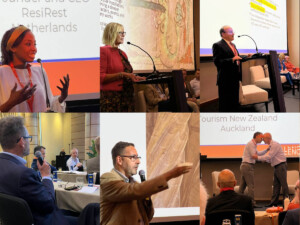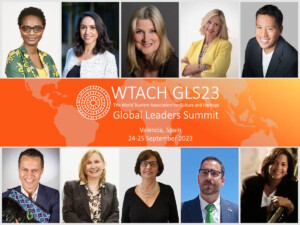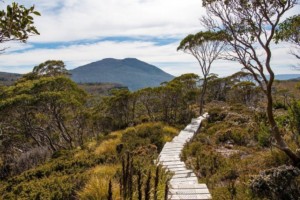Involving indigenous people benefits business, environment: UN expert
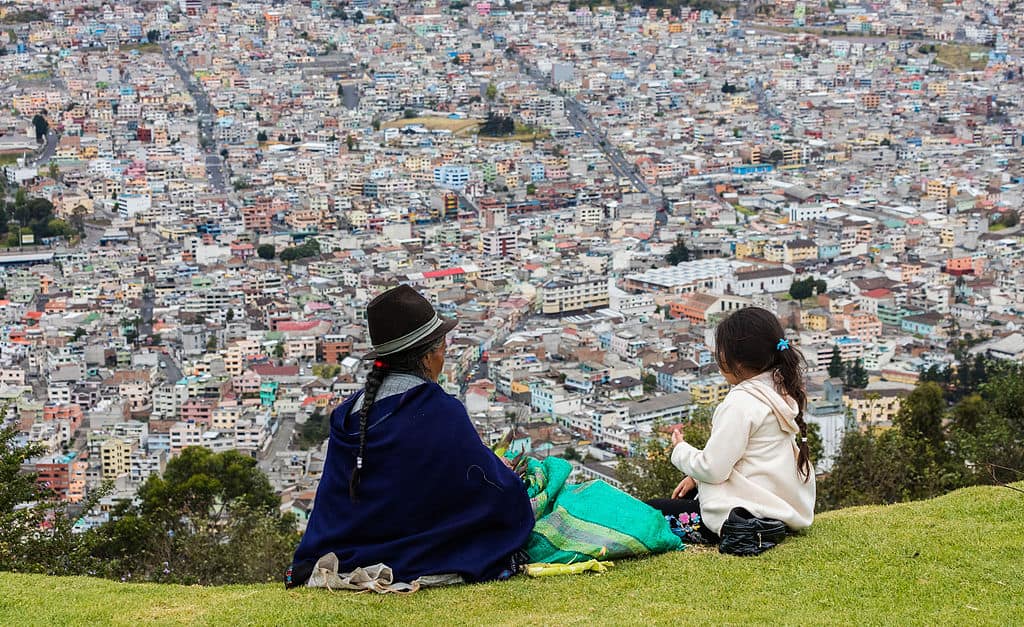
A landmark United Nations declaration adopted 10 years ago declared authorities should seek consent from indigenous people before starting new infrastructure projects like mines and dams.
But even governments that adopted the declaration sometimes seek shortcuts to work around it, said Victoria Tauli-Corpuz, UN Special Rapporteur on the Rights of Indigenous People.
“There is really a great misconception and misunderstanding that enforcing indigenous peoples’ rights is usually an obstacle to national development,” she told the Thomson Reuters Foundation in an interview.
Indigenous people and rural communities have customary claims to two thirds of the world’s land but are legally recognised as holding only 10 percent, according to the Rights and Resources Initiative (RRI).
UN standards stipulate companies should adhere to the principle of free, prior and informed consent, meaning a community has the right to give or withhold its consent to proposed projects that may affect the lands they customarily own, occupy or otherwise use.
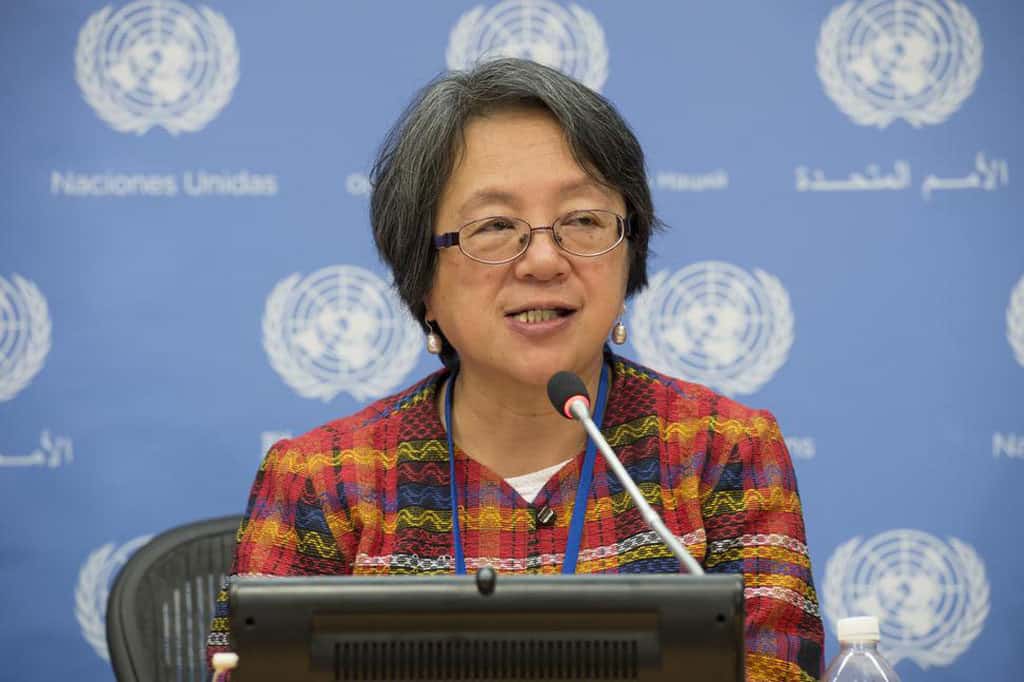
Special Rapporteur on the rights of indigenous peoples Victoria Tauli-Corpuz. UN Photo/Eskinder Debebe
A 2016 study of 50 companies showed only 10 percent referred to the principle when negotiating with communities over land.
Without title deeds proving ownership, communities may find their land is taken over for major development projects, which Tauli-Corpuz said governments often wrongly assume locals would oppose even before speaking to them.
“In many cases indigenous people just want to be consulted, they want to be participating in the decisions that are made,” she said by phone on the eve of the International Day of the World’s Indigenous Peoples on Wednesday.
Involving indigenous people in the management of natural resources also ensures these are exploited in a sustainable way, said Tauli-Corpuz.
Research showed indigenous communities played an important role in the preservation of forests in the Philippines and Brazil, she said.
“If indigenous peoples’ rights are respected then there are better chances of sustainably conserving and using these natural resources,” she said.
Failing to engage with indigenous communities generally leads to discontent and conflict, which also hampers economic growth, said Tauli-Corpuz.
At least 200 land rights activists were killed in 24 countries in 2016, making it the deadliest year on record, according to human rights watchdog Global Witness. Almost 40 percent of those murdered were indigenous.
An estimated 370 million indigenous people live spread across 70 countries, according to UN data.
Source: Thomson Reuters Foundation, the charitable arm of Thomson Reuters.
Featured image: Indigenous people peeling maize while overlooking Quito from El Panecillo, Ecuador. By Diego Delso (CC BY-SA 4.0) via Wikimedia.
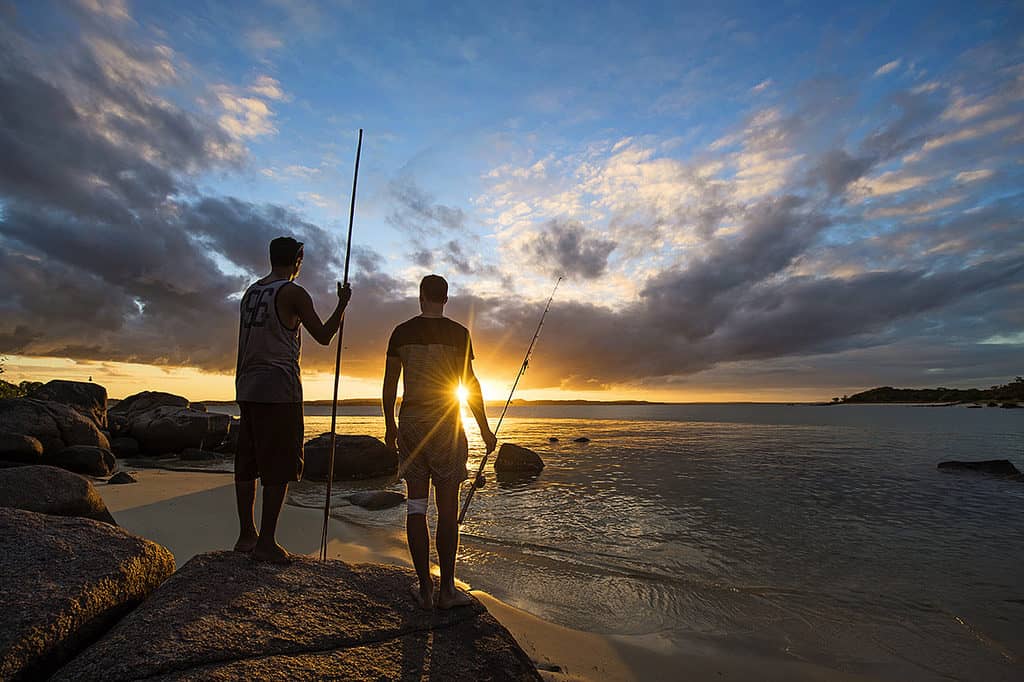
Lirrwi Indigenous Tourism in Arnhem Land, Northern Territory, Australia. By Lirrwi Tourism via Flickr.
What is the Rights & Resources Initiative?
As a diverse coalition of development organisations dedicated to advancing the land and resource rights of indigenous peoples and local communities, RRI fosters the creation and implementation of innovative solutions to land tenure security to advance three global goals:
- Substantially increase the forest area under local ownership and administration.
Prevent all changes to national laws and regulations that weaken the customary and statutory land rights of Indigenous Peoples and local communities and simultaneously promote new laws that strengthen customary and statutory rights.
Dramatically reduce poverty in the forested areas of the world.
Source: RRI.
What is Global Witness?
Global Witness says it “exposes the hidden links between demand for natural resources, corruption, armed conflict and environmental destruction”.
Its mission: “Many of the world’s worst environmental and human rights abuses are driven by the exploitation of natural resources and corruption in the global political and economic system. Global Witness is campaigning to end this. We carry out hard-hitting investigations, expose these abuses, and campaign for change. We are independent, not-for-profit, and work with partners around the world in our fight for justice.”
Source: Global Witness.
Related posts


